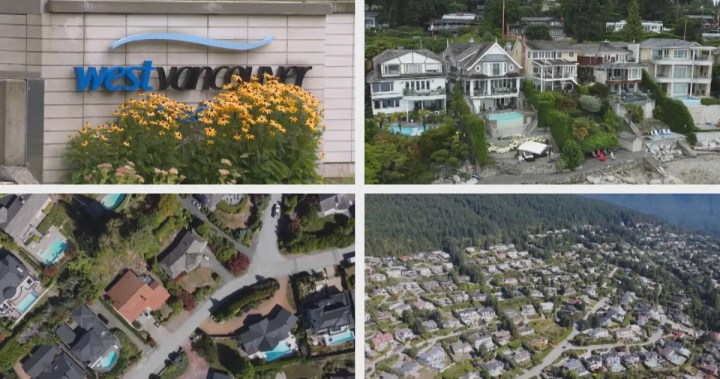In an escalating standoff between municipal autonomy and provincial authority, the communities of Oak Bay and West Vancouver find themselves at a crossroads as British Columbia’s housing minister intensifies pressure on these affluent municipalities to comply with provincial housing directives.
Housing Minister Ravi Kahlon has taken unprecedented steps this week, signaling the province’s readiness to intervene directly if these municipalities fail to approve sufficient housing to meet their provincially-mandated targets. The minister’s stern warning comes as part of the BC NDP government’s broader strategy to address the province’s persistent housing shortage.
“Communities that have historically resisted density are no longer able to maintain the status quo,” Kahlon stated during a press conference in Victoria. “Every municipality must contribute to solving our housing crisis, especially those with significant infrastructure and access to resources.”
The Housing Supply Act, passed in 2022, empowers the province to set specific housing targets for municipalities deemed high-priority. Oak Bay and West Vancouver, both characterized by large lot sizes, exclusive zoning, and high property values, have been identified as areas where housing intensification could significantly impact supply without requiring extensive new infrastructure development.
Oak Bay Mayor Kevin Murdoch expressed frustration with what he described as a “heavy-handed approach” from the province. “We’re not opposed to increasing housing supply, but we need solutions that respect our community’s character and the limitations of our infrastructure,” Murdoch said in an interview with CO24 News.
The housing targets require Oak Bay to approve 664 new homes by 2028, while West Vancouver must green-light 1,432 units. Provincial data indicates both municipalities are currently falling short of these benchmarks.
Urban planning experts point out that these communities have historically maintained exclusionary zoning practices that have contributed to the region’s housing affordability crisis. “Single-family zoning in prime locations close to urban centers effectively prevents housing diversity and accessibility,” explained Dr. Margaret Chen, professor of urban studies at the University of British Columbia, in comments to CO24 Canada News.
The conflict highlights a fundamental tension in Canadian politics between local governance and provincial jurisdiction. While municipalities derive their powers from provincial legislation, they have traditionally exercised considerable autonomy in land-use planning.
Recent amendments to the Housing Supply Act have strengthened the province’s enforcement mechanisms, including the ability to appoint administrators who can directly approve housing developments if municipalities fail to meet their targets.
West Vancouver councillor Peter Lambur acknowledged the pressure but emphasized concerns about infrastructure capacity. “We’re committed to responsible growth, but rapid development without corresponding investments in transportation, water systems, and community services creates new problems,” he told CO24 Business.
Analysis of property values in both communities reveals median home prices exceeding $2 million, placing them among Canada’s most exclusive real estate markets. Housing advocates argue these communities have a moral obligation to create more diverse housing options.
“These are communities with excellent schools, parks, and services, all supported by provincial taxpayers,” noted Jill Atkey, CEO of the BC Non-Profit Housing Association. “Keeping these amenities accessible only to the wealthy through restrictive zoning is increasingly difficult to justify.”
The province has indicated it will review progress in September, with potential intervention following shortly thereafter if municipalities aren’t demonstrating sufficient advancement toward their targets.
As this standoff unfolds, a broader question emerges for communities across Canada: in an era of acute housing shortages, how do we balance local democratic control with the urgent need to address a crisis that transcends municipal boundaries?























